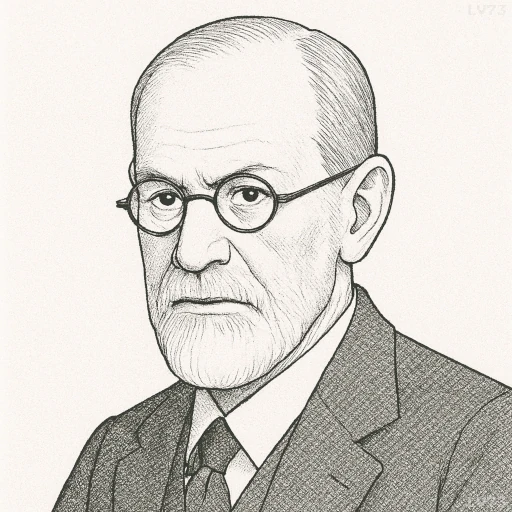“We have long observed that every neurosis has the result, and therefore probably the purpose, of forcing the patient out of real life, of alienating him from actuality.”

- May 6, 1856 – September 23, 1939
- Austrian
- Neurologist, Founder of Psychoanalysis
table of contents
Quote
“We have long observed that every neurosis has the result, and therefore probably the purpose, of forcing the patient out of real life, of alienating him from actuality.”
Explanation
Freud suggests here that neuroses—psychological disorders rooted in unconscious conflict—serve not merely as symptoms of distress, but as mechanisms of escape from the demands of reality. When a person develops a neurosis, such as anxiety, hysteria, or phobia, it often results in withdrawal from the pressures, challenges, or expectations of real life. Freud posits that this effect may in fact be unconsciously intended—a way for the mind to retreat from external reality into internal preoccupation.
This idea is consistent with Freud’s belief that neuroses are compromise formations, emerging from repressed desires and unresolved conflicts between the id, ego, and superego. When the ego is overwhelmed and cannot reconcile internal drives with external demands, it may unconsciously produce symptoms that excuse the individual from engaging with difficult aspects of life—such as work, relationships, or moral obligations. Thus, neurotic behavior functions as a kind of psychic refuge, albeit at great personal cost.
In modern therapeutic contexts, this insight helps explain why people suffering from mental disorders may feel disconnected from reality or unable to function in daily life. Rather than viewing neurosis solely as dysfunction, Freud encourages us to see it as a protective—but ultimately self-defeating—strategy. Recovery, then, involves not only alleviating symptoms but also helping the person re-engage with reality, face conflict, and reclaim agency in the real world.
Would you like to share your impressions or related stories about this quote in the comments section?


